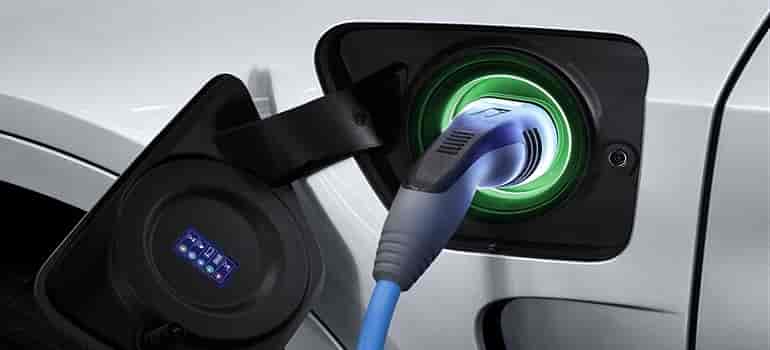
India’s push for electric mobility by 2030 is something that has to be considered to decide the right Mercedes-Benz products for the market in future but infrastructure is a key prerequisite to enter the EV space, according to Daimler AG Member of Board of Management Britta Seeger.
For the future journey in India, the company is closely observing changing customer needs and is also constantly evaluating various options, including different drivetrains or different body styles.
Mercedes-Benz is a part of the Daimler Group, which is among the leading manufacturers of premium cars globally and the world’s biggest commercial vehicles maker.
“We are aware that India is strongly pushing into E-mobility by 2030. This is now something we have to take into consideration in order to see what could be the right product that fits the Indian market,” Seeger, who is responsible for Mercedes-Benz Cars Marketing and Sales, told PTI.
She further said, “Whether you do this with different drivetrains or with different body styles, this is a constant evaluation you need to do.”
Seeger, however, emphasised on the need for a robust infrastructure for a successful roll-out of electric vehicles in India. (Read Nationwide electrification of auto industry not viable: Mercedes-Benz chief)
“…we need to observe to what extent the infrastructure is getting ready especially for E-mobility. And we see in other markets, that’s a key pre-requisite in order to enter E-mobility,” she said.
India has set eyes on 100 per cent electric vehicles for public mobility and 40 per cent of personal mobility by 2030.
Citing company’s experience, Seeger said, “We know from our customers that range anxiety is the biggest topic in the decision process for buying an electrified vehicle. We would like to go into zero emission vehicles, but we need to have the infrastructure.”
Commenting on the company’s take on the Indian car market in future, she said the customer’s needs and wishes and requirements are changing.
“We therefore have to see whether the trend in the SUVs segment continues or whether the trend will be in the smaller cars segment in the future, our compact cars for example. So this is one part what we are observing very closely,” Seeger said.
When asked about technology roadmap of Mercedes-Benz, she said,”We have a clear commitment to invest in the improvement of our internal combustion engines because we truly believe that we will stay with this technology for a long period of time.”(Read EV Safe Charge Launches First-Ever Complete Mobile Electric Vehicle Charging Solution)
On the other hand, she added,”we will as well invest in plug-in hybrids and the 48-volt technology. As of today, we have 8 plug-in hybrids in our existing vehicle line-up and the next generation of plug-in hybrids will come with higher ranges in the future because we see this as a very important technology.”
Stating that the company is also investing ‘heavily’ in fully electric vehicles, Seeger said, “We will have a strong lineup until 2022 with more than 10 purely electric passenger cars in our portfolio.”
Although Mercedes-Benz has a clear commitment to go all in, she said, “But at the end of the day you shouldn’t forget that the customer is deciding what kind of car they are buying…”
Plug-in hybrids are also a very good alternative for customers, Especially to act as a bridge when infrastructure for full electric mobility isn’t ready, she added.
Source: PTI

